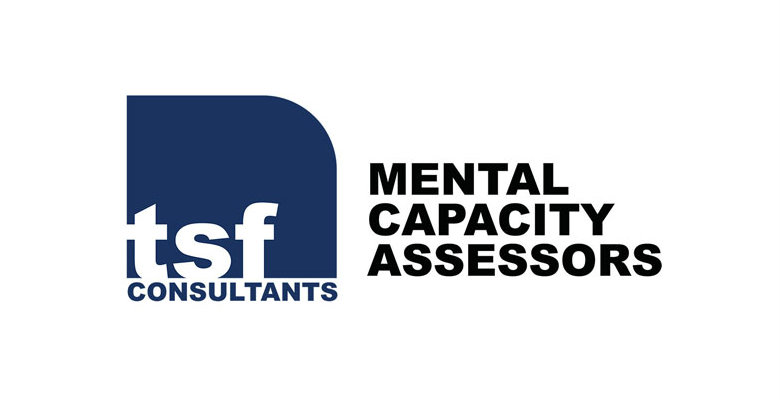Mental Capacity Assessors, TSF Consultants are often asked how long it takes ‘to do’ a mental capacity assessment. The reality is a lot longer than most people think. When people think of a mental capacity assessment, they tend to think solely of the face to face element. In practice this is just one of 3 phases involved in the actual assessment process
The 3 phases of a mental capacity assessment
Any assessment of mental capacity involves three key stages, Phase 1 information gathering, Phase 2 the face to face assessment and Phase 3 the holistic analysis stage. All of these stages are fluidly interlinked and vital to achieving the right outcome. Failure to properly execute just one of the stages is likely to result in a less than robust outcome.
Phase 1 – Information gathering
One of the most common mistakes that practitioners make when assessing mental capacity is that they fail to properly validate the information they are given prior to the face to face assessment. By gathering the correct information at the start of an assessment you greatly reduce the risk of obtaining the wrong outcome. Depending on the complexity of the decision being assessed this process usually takes between one and two hours.
TSF have worked hard to ensure this element of the process is as robust and easy for the client as possible. Their specialist Client Liaison Officers know exactly what information is required for each type of decision being assessed. Working with the client they will gather this information to ensure our assessors have all the necessary information prior to the assessment.
Phase 2 – The face to face assessment
This is the phase that most people think about when they use the term ‘mental capacity assessment’. The length of time that this takes can be affected by a number of different factors such as the number of decisions being assessed, the complexity of the decisions being assessed and the level of support an individual needs to participate in the assessment which includes communication, emotional, spiritual and cultural needs. You should expect this phase to last, on average between an hour and a half and two hours.
TSF realise that this element of the assessment is crucial in terms of engagement with the individual and ensuring all the right information is gathered to reach the correct outcome. Spending to little time on this element is likely to lead to insufficient information to reach the correct outcome. Conversely, spending too long can result in the individual becoming unnecessarily fatigued and disengaged from the process, which can also lead to the wrong outcome.
Phase 3 – The Holistic Analysis Stage
This is often considered the ‘hidden’ stage of an assessment. Once the face to face assessment has taken place it is essential that the assessor has time to holistically reflect upon their outcomes. Ideally at this stage they should be challenged to consider their outcomes from every angle to ensure that their analysis and conclusion are holistically robust and will stand up to scrutiny from legal challenge. This stage also consist of writing up any report and can take up to seven hours in total, depending on the complexity of the assessment.
TSF were the first to introduce an internal checking system for our reports – something that is fast becoming accepted as best practice in the industry. Unlike others, we have a separate team whose sole responsibility is to challenge the reports and rationale of our assessors to ensure that their outcomes are holistically considered and are as robust as they possibly can be.



















